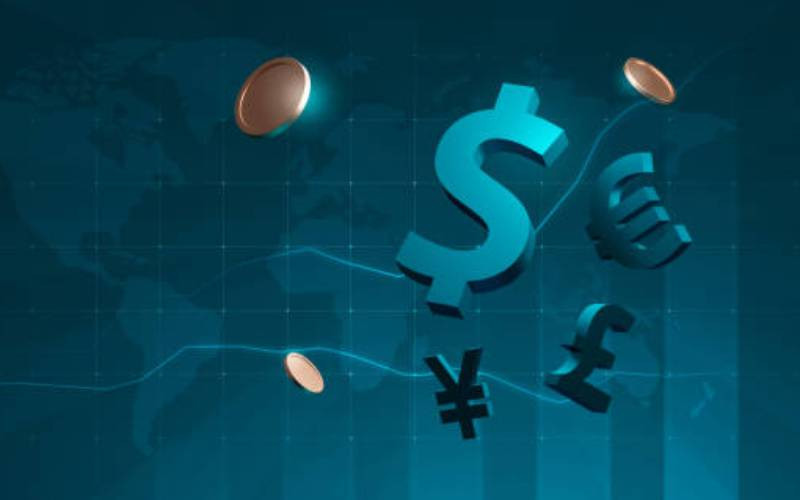×
The Standard e-Paper
Smart Minds Choose Us

The International Monetary Fund (IMF) has projected Kenya's foreign exchange reserves (forex) to fall below the four-month import cover for the first time since August 2011.
In what signals tough times ahead, the IMF projects in its latest regional economic outlook for Sub-Saharan Africa that Kenya's forex-assets held on reserve by a central bank in foreign currencies-will be enough to cover only 3.9 months of the country's import needs by the end of this year, down from 4.4 months last year.